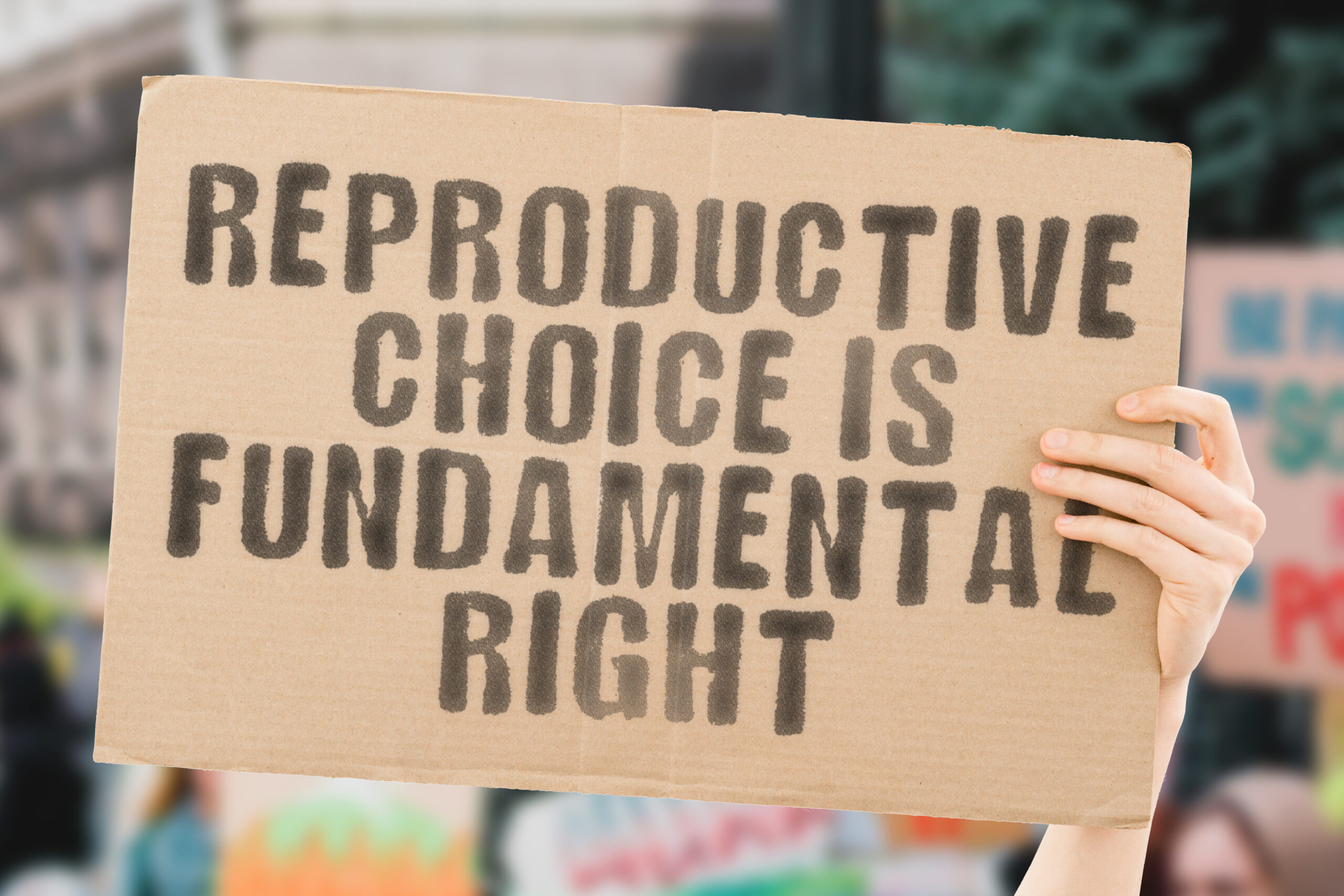Reproductive Health Rights
REPRODUCTIVE HEALTH & RIGHTS
Hebrew Tabernacle Board Resolution on Reproductive Health & Rights (July 2022)
We at Hebrew Tabernacle endorse these principles from the Religious Action Center of Reform Judaism & Women of Reform Judaism: The Reform Movement’s positions on reproductive rights are grounded in the core belief that each person should have agency and autonomy over their own bodies. Our advocacy around abortion access is inspired by the Jewish value of kavod ha’briyot, respect for individual dignity. This same sanctity underscores the vital need for medically accurate sexuality education, affordable family planning services, and high-quality maternal and women’s health care.
Click to read the full Resolution
Joint Statement by the Union of Reform Judaism and Women of Reform Judaism on the Supreme Court Dobbs Decision, which reversed abortion rights in Roe v Wade.
Protecting and Improving Reproductive Health and Rights in New York State
The NYS legislature has passed laws that strengthen the right to abortion and other reproductive rights (2019) and that protect abortion providers who care for out-of-state patients who come to NY for services (2022).
Center for Reproductive Rights
New York’s abortion amendment to our state constitution cleared its first major hurdle.
NYS legislature approved a measure to enshrine abortion rights in the state constitution, triggering a multiyear approval process that would eventually put the question to voters statewide.
The amendment approved Friday would also add new protected classes to the state constitution’s existing Equal Protection Clause — which prohibits discrimination based on a person’s race, color, creed or religion — to bar intentional government discrimination based on a person’s ethnicity, national origin, age, disability or sex, including sexual orientation, gender identity, gender expression, pregnancy, pregnancy outcomes and reproductive health care and autonomy….
The amendment must now pass the newly elected Legislature next year before it can go before voters — something which could happen as early as 2023, but more likely in 2024.
[source] Politico




